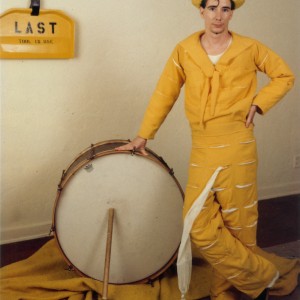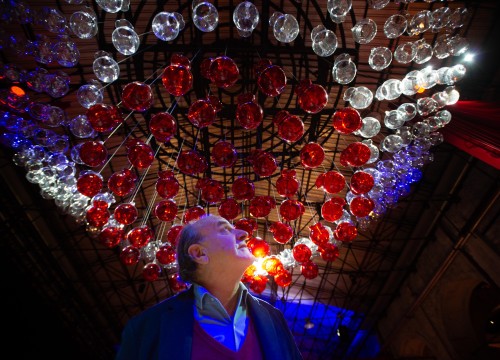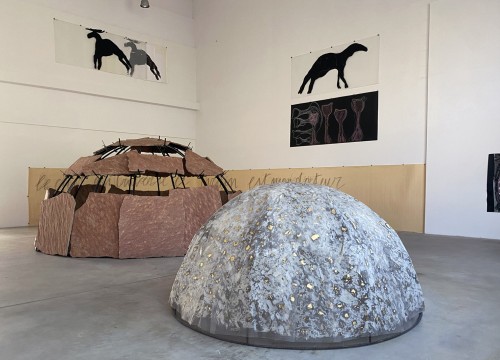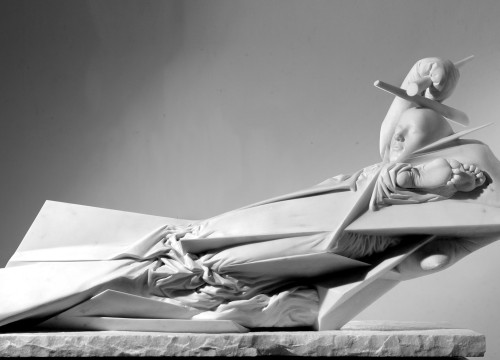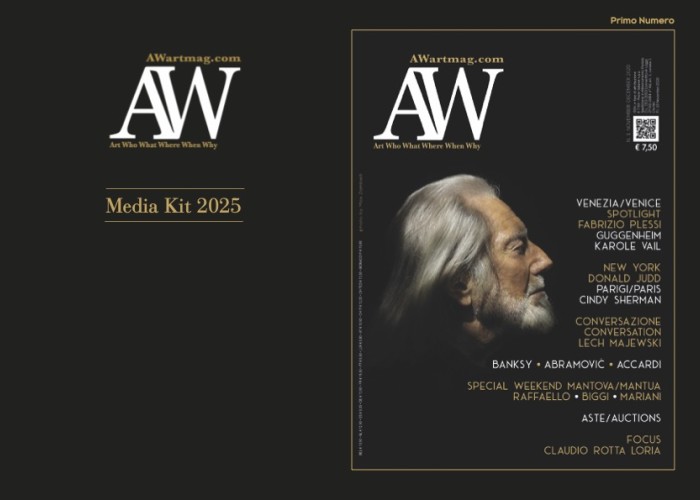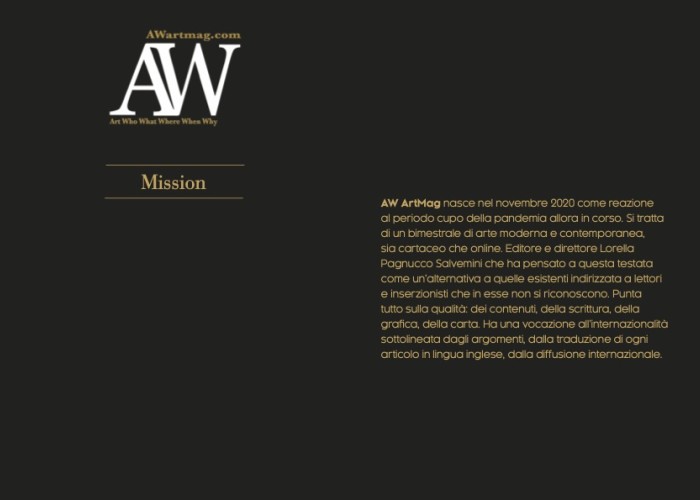Spotlight on one of the most influential American artists of the last decades
Being an artist “at the time was the most detestable thing in American culture. Becoming an artist in those years had absolutely no value. It was like planning your own failure”.
Mike Kelley (1954-2012) has no mercy for his origins, for his education, for the American society in which he was born and raised. Originally from an Irish Catholic working-class family in Detroit, since the 1970s he has challenged the way in which individual subjectivity is constructed by the structures of family and institutional power in post-modern American capitalist society.
THE TRAUMATIC MEMORY AND EDUCATION MALFUNCTIONS ARE CONSTANT IDEAS OF HIS WORK
The exhibition “Ghost and Spirit” at the Bourse de Commerce, home of the Pinault Collection, offers until February 19th 2024 a new look at the work of Mike Kelley, one of the most influential American artists of the last decades. The exhibition is flanked by those dedicated to Lee Lozano, Ser Serpas and Mira Schor, to highlight a new season in which the Bourse de Commerce explores and deconstructs certain “American mythologies”, to take up the title of the anthology of the Haitian author Dany Laferrière.
THE WORK FEEDS ON REFERENCES TO THE SUBCULTURE OF PROTEST MERGED IN AN APPARENT POP AND TRASH SUPERFICIALITY
Since his studies in Los Angeles, Mike Kelley has embraced the performance genre, inspired by feminist militants, proposing an innovative approach in the creative act that destabilizes the canons. He pursued a global artistic vision, collaborating with different artists, with bands including the proto-punk formation Destroy All Monsters since 1974. He creates handmade sculptures characterized by a sharp humor, installations made with toys and plushes, highlighting the commercial and stereotypical conditioning on children. The traumatic memory and education malfunctions are constant ideas of his work, and find their culmination in the exhibition “Day Is Done” (2005), partially reconstructed in the Parisian one. His work feeds on references to the controversial subculture, critical thinking, merged in an apparent superficial pop and trash aesthetic.
HE REALIZES INSTALLATIONS WITH TOYS AND PLUSHES TO HIGHLIGHT THE COMMERCIAL AND STEREOTYPICAL CONDITIONING ON CHILDREN
The exhibition continues with the spectacular Kandors (1999- 2011), futuristic cities placed under glass bells, exposed in the monumental Rotunda of the museum. The “minor stories” of artist practice, as Kelley called them, flow into the path: drawings, photographs and preparatory writings. In a note of 1980, the one that gives the title to the exhibition, questions the difference between a ghost and a spirit (“ghost and spirit”): the first ends up disappearing when the second resists. The author, whose dramatic end seems to merge creative act and depression, thought he was a ghost, and instead his spirit remains and strengthens. “A spirit has a lingering influence”, he says. A spirit is persistent and survives in its works.






